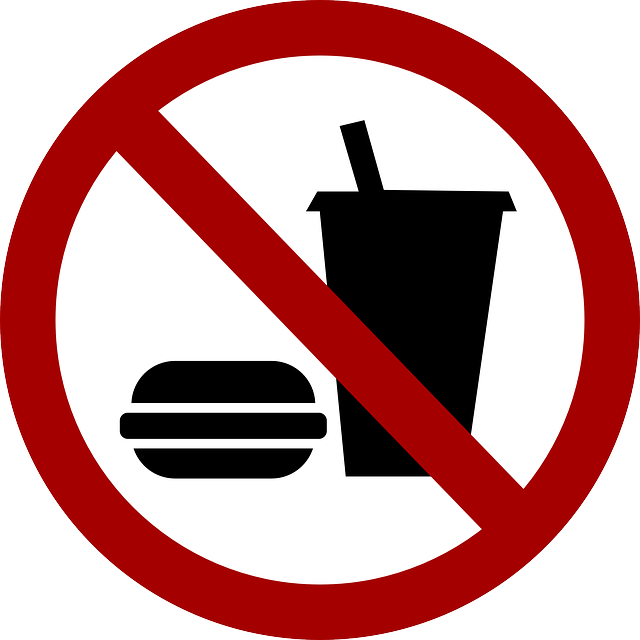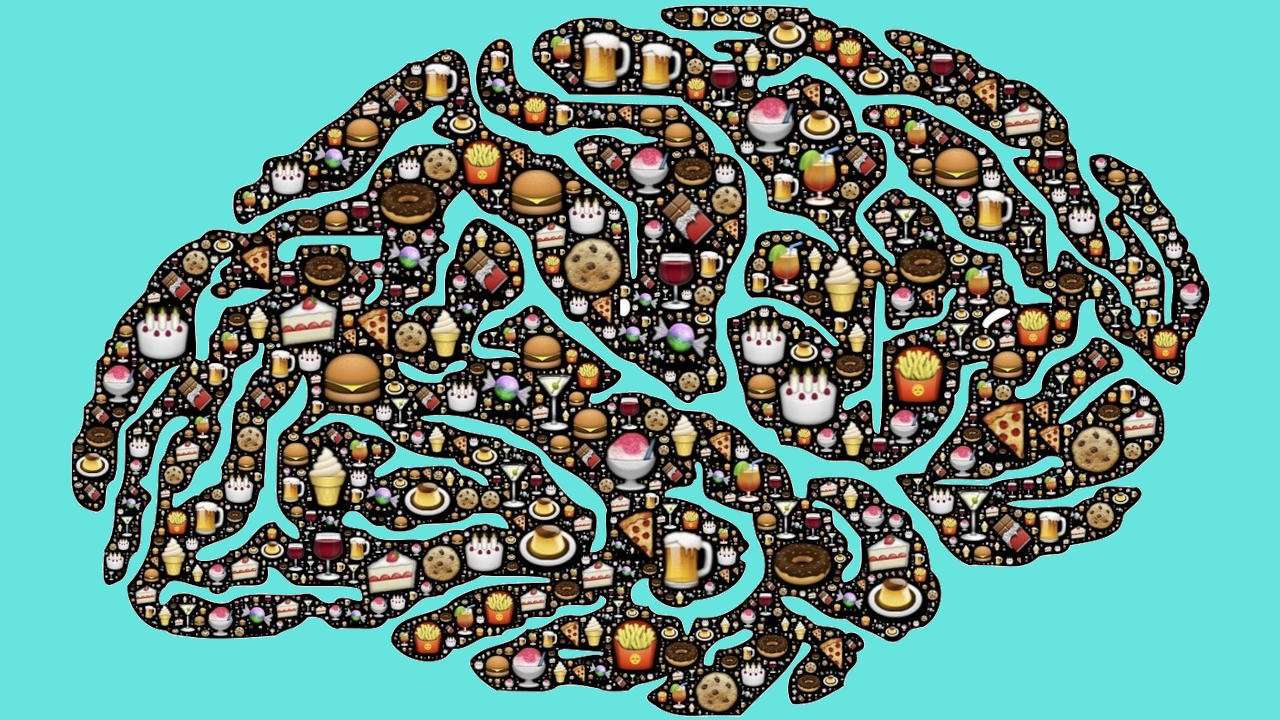
Guest Author
Sean McBride is the Founder of DSM Strategic Communications. He formerly served as Executive Vice President of the Grocery Manufacturers Association (now Consumer Brands Association) and as Director of Communications at the American Beverage Association
Like the search for the Holy Grail in Indiana Jones and the Last Crusade, the quest to prove food is addictive has gone on for decades. There is only one problem – unlike the fictional quest for the Grail, the hunt for food addiction keeps failing.
The truth is food addiction remains unproven and is not recognized by The Diagnostic and Statistical Manual of Mental Disorders, Fifth Edition, (DSM-5) of the American Psychiatric Association (APA). APA and its members are the gold standard when it comes to the diagnosis and treatment of mental health disorders, including substance abuse.
Although they recognize eating disorders like Anorexia and Bulimia, the organization has historically and repeatedly determined science does not support a disorder definition for food addiction. That has not stopped many in the media, academia and consumer advocacy from pounding away at the elusive prize.
Proponents of the food addiction theory use an unproven hypothesis to fuel their own addiction to government regulation. Using addiction as justification, they seek to put into place a barrage of bans, restrictions, taxes and mandates on food companies despite the fact that those same companies are producing more healthier food products than ever before.

Beyond the obvious that food addiction is seen as a gateway to more government intervention, moving to a new food addiction paradigm opens the floodgates to a vast pool of hundreds of billions of dollars of government, health insurance and private sector funds.
However, there has been a dearth of credible scientific evidence to support food addiction theory and the frustration of its proponents is showing. Unable to get real traction for their proposal, addiction believers are taking a new tac. They have created new nomenclature around food addiction theory, alleging companies make “ultra-processed” and “hyper-palatable” food.
Hyper-palatable and ultra-processed are scary but meaningless terms dogmatic advocates are using to mask their lack of progress. What’s next, will they march around the APA headquarters or the Food and Drug Administration offices for seven days, blowing their horns like Joshua at Jericho until they get the definition they want?
Even if food addiction theorists someday get their way, which seems implausible, what would change? What good would it do? Every government policy and public health intervention put into place over the last three decades has failed to produce any measurable, meaningful reduction in obesity, diabetes and hypertension.
Americans are consistently told sweeteners like High Fructose Corn Syrup and Sugar are the prime cause of obesity and related health problems in children and adults. The data shows otherwise, as the consumption of soft drinks with High Fructose Corn Syrup is down 30% over the last 20 years. The same is true for added sugars consumption. But guess what? Obesity, diabetes and hypertension rates have gone up during that time. So, what’s the truth?

Individuals and organizations that consistently point the finger of blame at farmers and food companies for systemic public health challenges are not being intellectually honest. That’s because over the last 20+ years, food companies have transformed the way they do business. They have changed their recipes, changed their marketing practices and invested billions of dollars in consumer health and wellness initiatives and advertising.
The hard truth of the matter is people need to eat better and move more as the prime strategies to control their weight. Taring and feathering food companies that are doing the right thing is a waste of time, energy and resources. It prevents disparate private and public stakeholders from coming together and developing real public health solutions that work.
Instead, we need to ratchet down the rhetoric and follow the science where it leads, rather than run over the science to get what we want.


